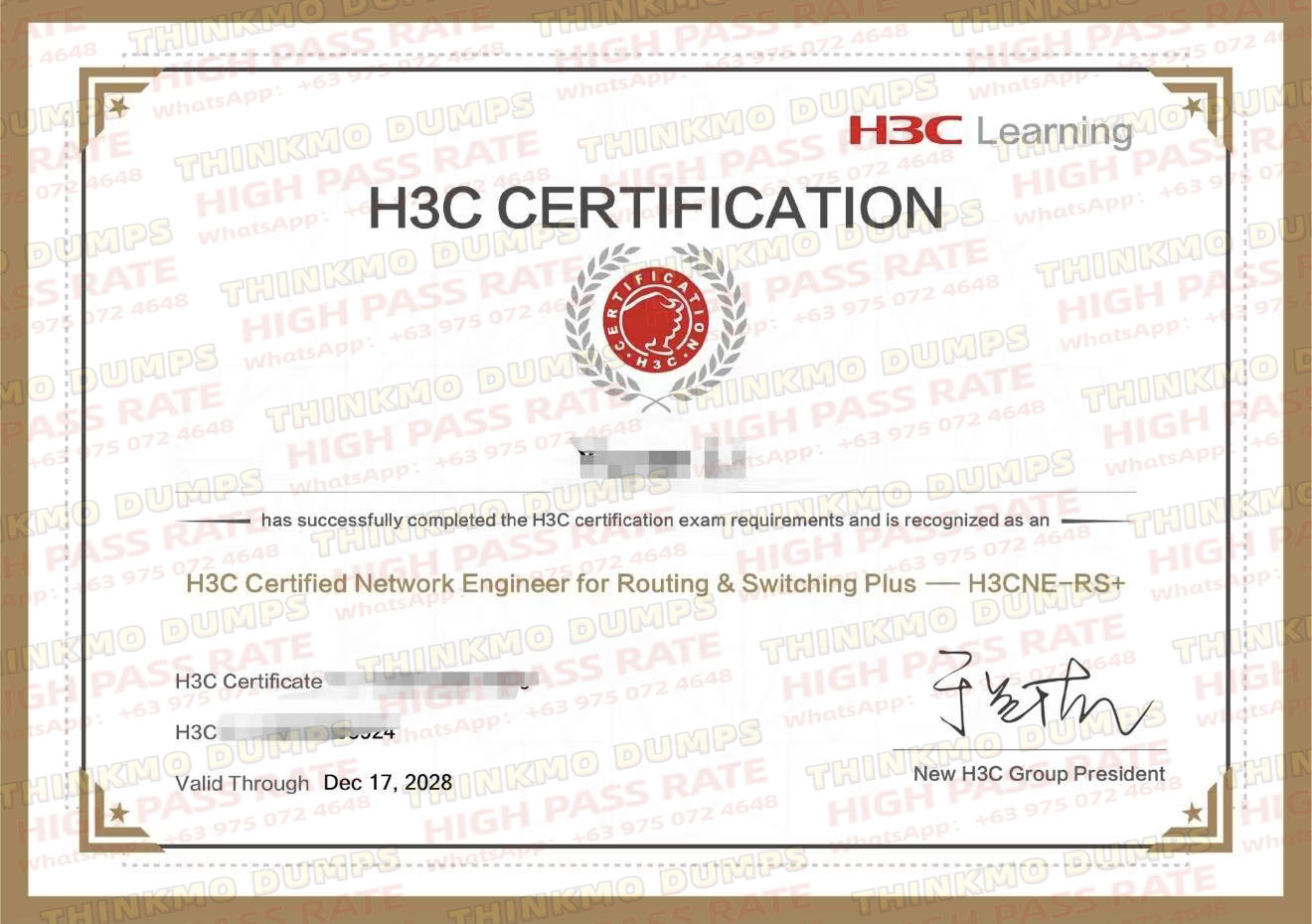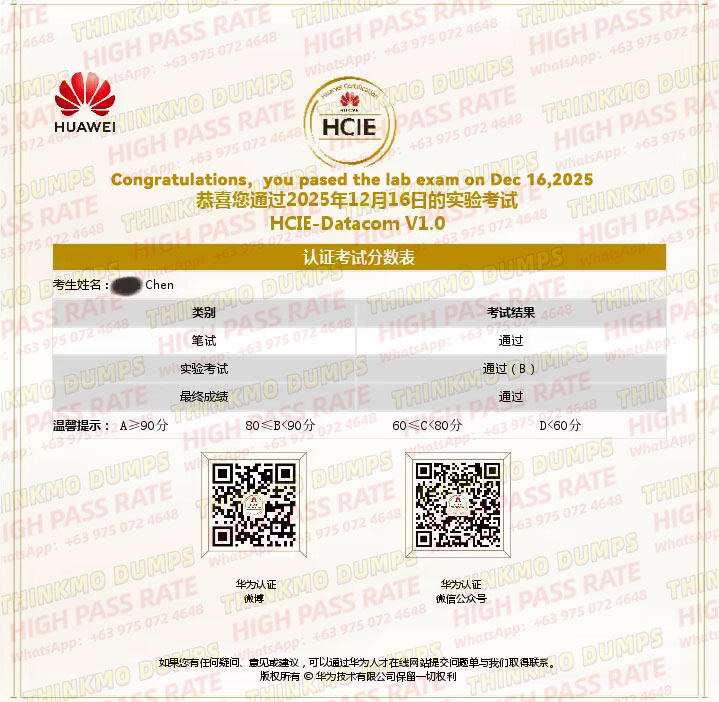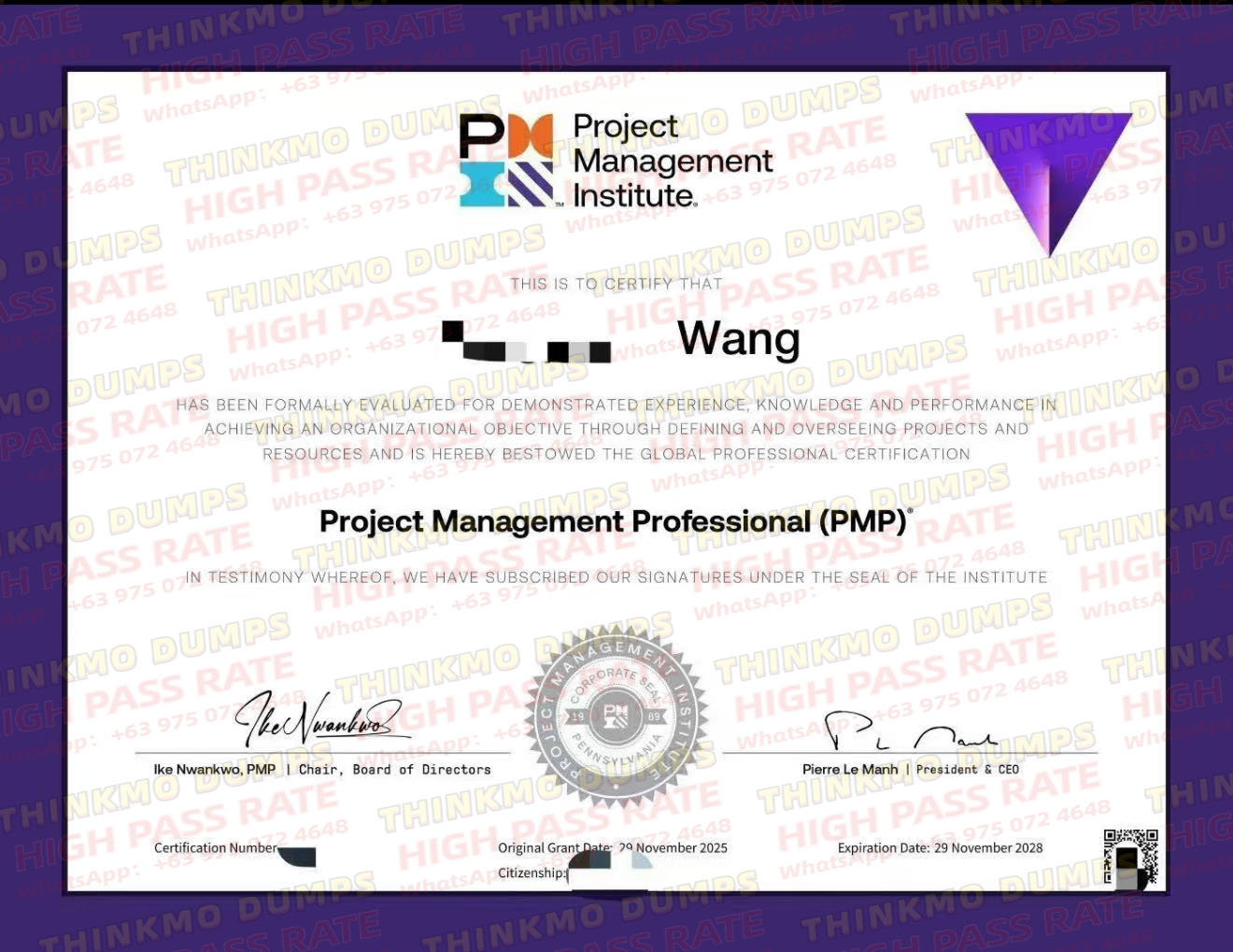Is Linux Cloud Computing Operations Hard to Learn?
Update time:2025-09-10
The difficulty of learning Linux cloud computing is not absolute — it mainly depends on your foundation, study stage, and method.Think of it as “building with blocks”: first lay the base, then progress layer by layer, and mastery will follow naturally.

1.Entry Barrier: With or Without Linux Basics
With Linux Basics: Easier Start
If you already know Linux fundamentals (file management, permission control, service deployment), cloud computing is simply “building on top of a solid foundation.”
A cloud server is essentially a remote Linux host.
Containers (Docker/K8s) also run on Linux.
Familiar commands like top, df, etc., remain useful.
The only addition is cloud-specific operations (e.g., creating ECS, configuring security groups, snapshot backups).With dumps to guide exam prep, you can get started in 1–2 months.
For Absolute Beginners: Foundation First (But Manageable)
With zero background, plan to spend 2–3 months learning Linux core skills:
Must-learn commands: file management (ls, cp, rm), permissions (chmod, chown), service management (systemctl)
Milestone: independently deploy Nginx/MySQL services
Skipping Linux and diving straight into cloud tech (like Kubernetes) often leads to frustration (“stuck at process management”), so the correct path is Linux basics → cloud computing.
2.Difficulty by Learning Stage
Stage 1: Beginner (1–2 months) → Cloud Resource Operations
Core Ability: Using cloud platform fundamentals
Tasks: Launch cloud servers, configure Elastic IPs, security group rules, snapshots
Feature: GUI-driven, minimal command-line complexity
Certification Goal: Huawei HCIA-Cloud Computing (90-min multiple-choice exam)
Stage 2: Intermediate (3–4 months) → Containers & Automation
Core Ability: Batch management & container orchestration
Key Tools:
Docker → package apps into images
Kubernetes → manage clusters (load balancing, auto-healing)
Ansible → automate deployments (Playbooks)
Certification Goal: Huawei HCIP-Cloud Computing, Red Hat RHCE
Stage 3: Advanced (2+ years experience) → Architecture & Troubleshooting
Core Ability: Complex system design + full-chain troubleshooting
Focus Areas:
High availability (multi-AZ deployments, hybrid storage strategies)
Troubleshooting (disk I/O, security group traffic, container resource allocation)
Certification Goal: Huawei HCIE-Cloud Computing (8-hour lab exam)
3.High-Efficiency Study Strategy
Stepwise Certification Path: HCIA → HCIP → HCIE (don’t skip the basics)
Foundation: 2–3 months (1.5 hrs/day)
Intermediate: 3–4 months (weekends for focused practice)
4.Conclusion
Key Takeaways:
Easy Entry (1–2 months)
Intermediate Requires Focused Practice (3–4 months)
Advanced Relies on Real Experience (2+ years)
Mindset: Cloud tech evolves quickly (e.g., frequent K8s version updates), so maintaining a consistent learning habit is crucial.
Action Plan: Start with Linux basics, validate progress through HCIA certification using dumps, then gradually move into containers and automation.
Click it ↓↓


1.Entry Barrier: With or Without Linux Basics
With Linux Basics: Easier Start
If you already know Linux fundamentals (file management, permission control, service deployment), cloud computing is simply “building on top of a solid foundation.”
A cloud server is essentially a remote Linux host.
Containers (Docker/K8s) also run on Linux.
Familiar commands like top, df, etc., remain useful.
The only addition is cloud-specific operations (e.g., creating ECS, configuring security groups, snapshot backups).With dumps to guide exam prep, you can get started in 1–2 months.
For Absolute Beginners: Foundation First (But Manageable)
With zero background, plan to spend 2–3 months learning Linux core skills:
Must-learn commands: file management (ls, cp, rm), permissions (chmod, chown), service management (systemctl)
Milestone: independently deploy Nginx/MySQL services
Skipping Linux and diving straight into cloud tech (like Kubernetes) often leads to frustration (“stuck at process management”), so the correct path is Linux basics → cloud computing.
2.Difficulty by Learning Stage
Stage 1: Beginner (1–2 months) → Cloud Resource Operations
Core Ability: Using cloud platform fundamentals
Tasks: Launch cloud servers, configure Elastic IPs, security group rules, snapshots
Feature: GUI-driven, minimal command-line complexity
Certification Goal: Huawei HCIA-Cloud Computing (90-min multiple-choice exam)
Preparation Tip: Use updated HCIA dumps to speed up review.
Stage 2: Intermediate (3–4 months) → Containers & Automation
Core Ability: Batch management & container orchestration
Key Tools:
Docker → package apps into images
Kubernetes → manage clusters (load balancing, auto-healing)
Ansible → automate deployments (Playbooks)
Certification Goal: Huawei HCIP-Cloud Computing, Red Hat RHCE
Preparation Tip: Combine daily practice with HCIP/RHCE exam dumps for faster mastery.
Stage 3: Advanced (2+ years experience) → Architecture & Troubleshooting
Core Ability: Complex system design + full-chain troubleshooting
Focus Areas:
High availability (multi-AZ deployments, hybrid storage strategies)
Troubleshooting (disk I/O, security group traffic, container resource allocation)
Certification Goal: Huawei HCIE-Cloud Computing (8-hour lab exam)
Preparation Tip: Rely on HCIE dumps to simulate real exam conditions and improve pass rates.
3.High-Efficiency Study Strategy
Stepwise Certification Path: HCIA → HCIP → HCIE (don’t skip the basics)
Hands-on + Dumps: Practice on free cloud resources (e.g., Huawei Cloud ECS trial), then reinforce with updated question collections.
Time Planning:Foundation: 2–3 months (1.5 hrs/day)
Intermediate: 3–4 months (weekends for focused practice)
4.Conclusion
Key Takeaways:
Easy Entry (1–2 months)
Intermediate Requires Focused Practice (3–4 months)
Advanced Relies on Real Experience (2+ years)
Mindset: Cloud tech evolves quickly (e.g., frequent K8s version updates), so maintaining a consistent learning habit is crucial.
Action Plan: Start with Linux basics, validate progress through HCIA certification using dumps, then gradually move into containers and automation.
There’s no shortcut in tech learning, but with step-by-step study and the right dumps, mastering Linux cloud computing operations is absolutely achievable.
I'm your man who have the 100% valid dumps , buy it now for 50% off to clear your exam!Click it ↓↓

Hot article
-
 1
1 1. ThinkMo Precise Question Bank: Ace HCIE Written
上传:2026-01-23
-
 2
2 Triple H3CNE/H3CSE Passes | ThinkMo Christmas Succe
上传:2025-12-25
-
 3
3 Success Streak: ThinkMo’s Dec HCIE-Datacom Win
上传:2025-12-24
-
 4
4 ThinkMo Guide: Cisco & Huawei Certification Com
上传:2025-12-22
-
 5
5 Pass CCIE/CKA Exams with ThinkMo’s Top Question B
上传:2025-12-19








